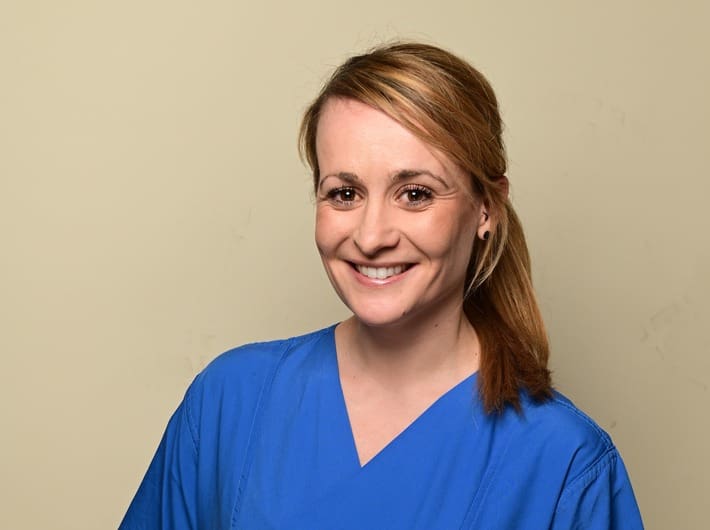Heat wave in Germany: Emergency rooms at Asklepios Kliniken expect an increase in heat-related cases
The emergency rooms of the Asklepios Clinics are preparing for an increase in heat-related complaints in the coming days. Weather forecasts announce maximum temperatures of up to 40 degrees as well as unusually warm nights for almost all of Germany. Typical symptoms such as headaches, dizziness, circulatory problems and general malaise are expected in emergency rooms, often caused by a lack of fluids.
Older people, small children, pregnant women and people with chronic diseases such as cardiovascular problems or metabolic disorders are particularly at risk. Fluid loss through sweating leads to a deficiency of vital minerals such as sodium, magnesium and calcium, which affects body functions. Older people, whose body fluid only accounts for about 60 percent of body weight, react particularly sensitively. Severe symptoms such as impaired consciousness or confusion require immediate medical attention.

To prevent heat-related health problems, the doctors at the Asklepios Clinics recommend several measures: avoid direct sunlight, wear airy clothing and light-coloured headgear, keep rooms cool and move physical exertion to the early hours of the morning. Light food such as vegetables or fruit as well as sufficient fluid intake, ideally mineral water, are important. Excessive alcohol or sugar consumption should be avoided. Regular drinking, about one glass of water per hour, is recommended, even without feeling thirsty, as this often decreases with age.
Particular caution is required for people with limited mobility or those living alone. Children and pets must not be left in parked cars. Warm or well-tempered drinks are preferred to cold ones, as they put less strain on the body. If there are signs of heat stroke or collapse, the emergency services should be called immediately on 112, whereby those affected should be taken to a cool place and cooled with damp cloths.
The clinics emphasize the importance of prevention, especially for risk groups, and advise regular checks of blood pressure and body weight to monitor fluid balance.
Editor: X-Press Journalistenb├╝ro GbR
Gender Notice. The personal designations used in this text always refer equally to female, male and diverse persons. Double/triple naming and gendered designations are used for better readability. ected.




